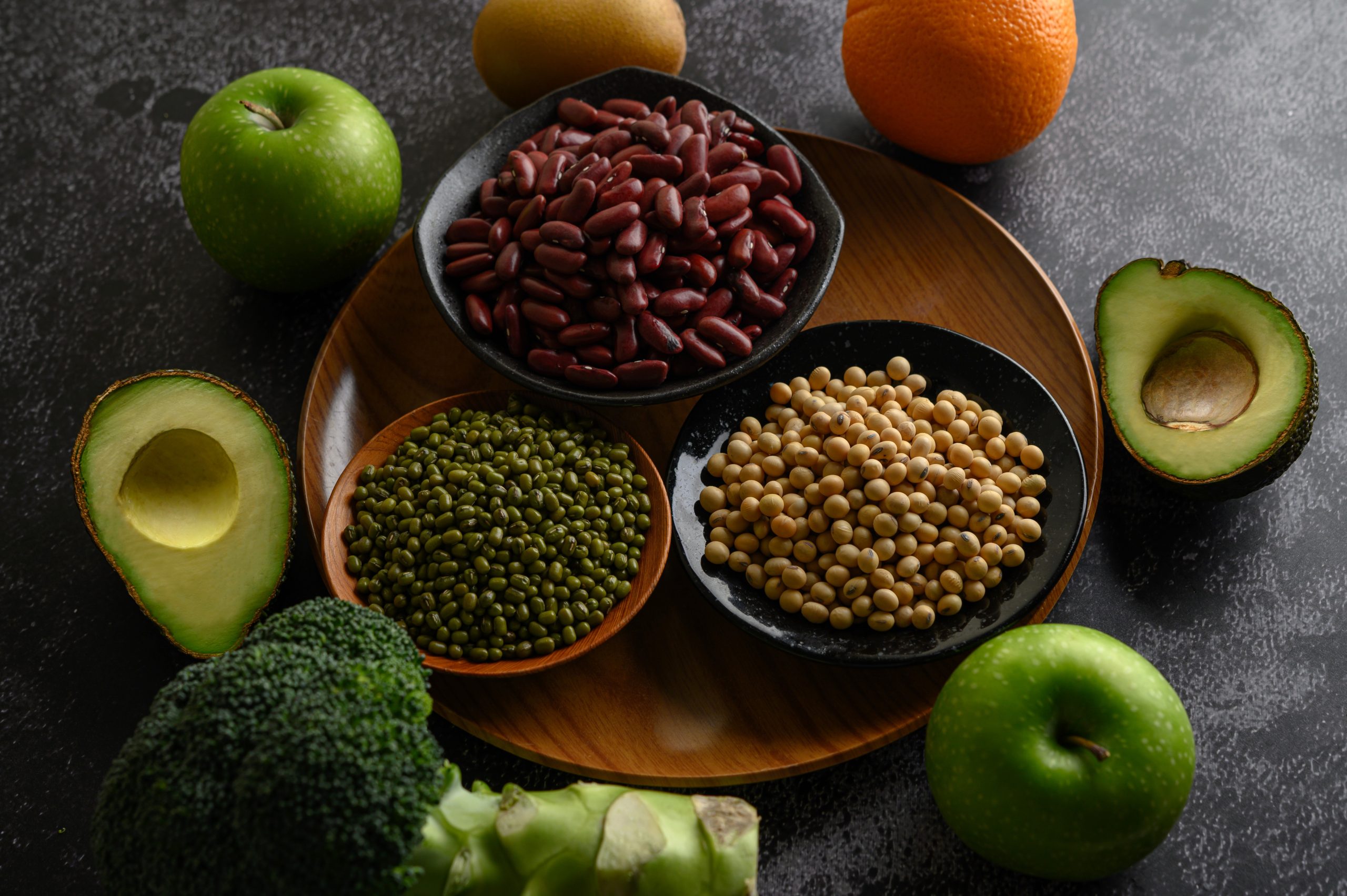
In recent years, the concept of antioxidants has become a mainstay in discussions about health and nutrition. These powerful compounds have been heralded as key players in maintaining health and preventing disease. But what exactly are antioxidants, and how do they function within the human body to stave off illness? Let’s delve deeper into the vital roles that antioxidants play and explore how you can incorporate them into your lifestyle to enhance your well-being.
Understanding Antioxidants
Antioxidants are molecules that fight free radicals in your body. Free radicals are compounds that can cause harm if their levels become too high. They’re linked to multiple illnesses, including diabetes, heart disease, and cancer. Your body has its own antioxidant defenses to keep free radicals in check, but antioxidants are also found in food, particularly in fruits, vegetables, and other plant-based, whole foods.
Antioxidants stabilize free radicals by donating electrons, effectively neutralizing them and preventing them from causing cell damage. This electron donation is crucial because it stops the chain reaction many free radicals can start, which can lead to oxidative stress. Oxidative stress is implicated in the development of various chronic diseases.
The Impact of Antioxidants on Disease Prevention
1. Cancer Prevention
The link between antioxidants and cancer prevention has been the subject of numerous studies. Antioxidants can prevent certain types of cell damage associated with cancer development. For instance, the antioxidant beta-carotene, found in carrots and sweet potatoes, is known for promoting healthy skin and eyesight, but some research suggests it may also contribute to a reduced risk of certain cancers, like lung cancer, when consumed in healthy amounts.
Similarly, flavonoids, present in foods such as berries, tea, and dark chocolate, have been studied for their potential to guard against cancer. These antioxidants can inhibit the growth of cancerous cells and prevent inflammation, a common pathway leading to cancer.
2. Heart Disease Prevention
Antioxidants like vitamin C, vitamin E, and polyphenols (found in raisins, blueberries, and red wine) are champions in heart disease prevention. They help reduce the oxidation of LDL cholesterol, a major contributor to heart disease. Oxidized LDL cholesterol can lead to plaque formation in your arteries, leading to atherosclerosis, a key risk factor for heart attacks and strokes.
Polyphenols, particularly the ones found in red wine, have been shown to increase levels of ‘good’ HDL cholesterol and improve artery health, contributing to a healthier heart.
3. Neurodegenerative Diseases
Oxidative stress plays a major role in age-related neurodegenerative diseases, such as Alzheimer’s and Parkinson’s disease. Antioxidants like vitamin E and coenzyme Q10 may offer neuroprotective benefits. Foods rich in antioxidants, like nuts, seeds, and berries, have been linked to improved memory and cognitive functions.
Specifically, a diet rich in antioxidants has been associated with lower risks of dementia. The antioxidants help in reducing brain inflammation and oxidative damage, clearing the path for healthier brain aging.
4. Eye Health
Cataracts and age-related macular degeneration (AMD) are among the leading causes of blindness in older adults. Oxidative damage is a major contributor to these degenerative eye conditions. Antioxidants like lutein and zeaxanthin, found in green leafy vegetables and other colorful produce, play a critical role in protecting eye health by absorbing harmful blue light and fighting oxidative stress in the eyes.
Incorporating Antioxidants into Your Diet
A diet rich in antioxidants can help combat oxidative stress and reduce the risk of chronic diseases. Here are some ways to ensure you’re getting enough antioxidants:
– Eat a Rainbow of Fruits and Vegetables: Consuming a variety of fruits and vegetables ensures you get a range of antioxidants. Each color represents different antioxidants. For example, red apples contain flavonoids, while orange carrots are full of beta-carotene.
– Include Whole Grains and Nuts: Foods like brown rice, quinoa, and almonds are good sources of antioxidants.
– Enjoy Tea and Coffee: Both beverages are rich in antioxidants. Green tea, in particular, is renowned for its high concentration of catechins, a powerful antioxidant.
– Embrace Dark Chocolate: Treating yourself to dark chocolate in moderation can increase your antioxidant intake, particularly flavonoids.
– Spice It Up: Spices like turmeric, cloves, and cinnamon are incredibly high in antioxidants. Incorporate them into meals to boost your intake.
Final Thoughts
The benefits of antioxidants in disease prevention are vast and supported by a robust body of research. Incorporating a diet rich in these compounds is a practical approach to enhancing one’s health and preventing the onset of various chronic diseases. By consciously choosing antioxidant-rich foods, you can support your body’s natural defense systems, promote overall health, and potentially increase your longevity.
Antioxidants are nature’s way of helping us maintain a healthy balance in our bodies. By understanding their significance and integrating them into our daily diets, we take proactive steps toward preventing disease and paving the way for a healthier future.




